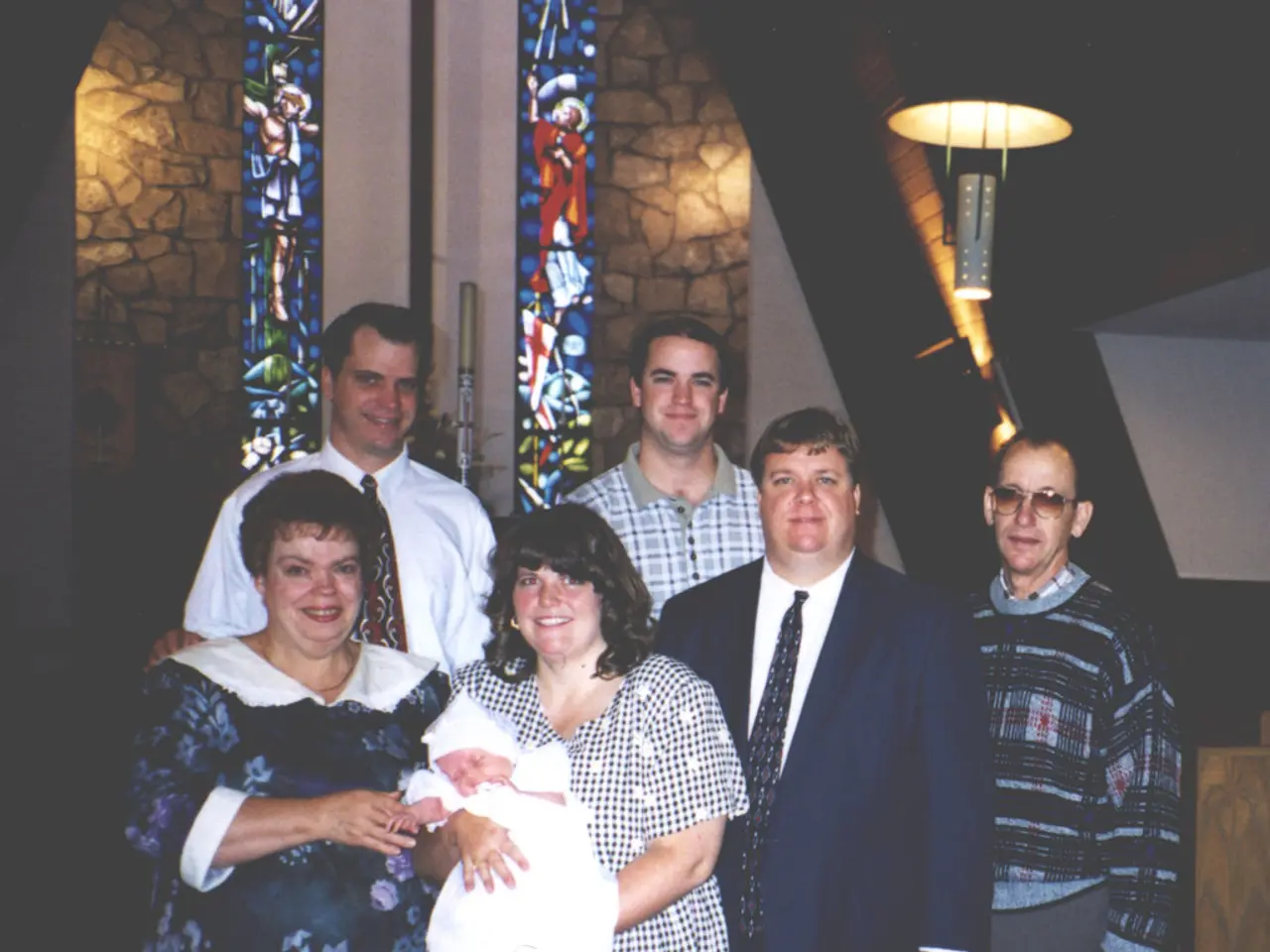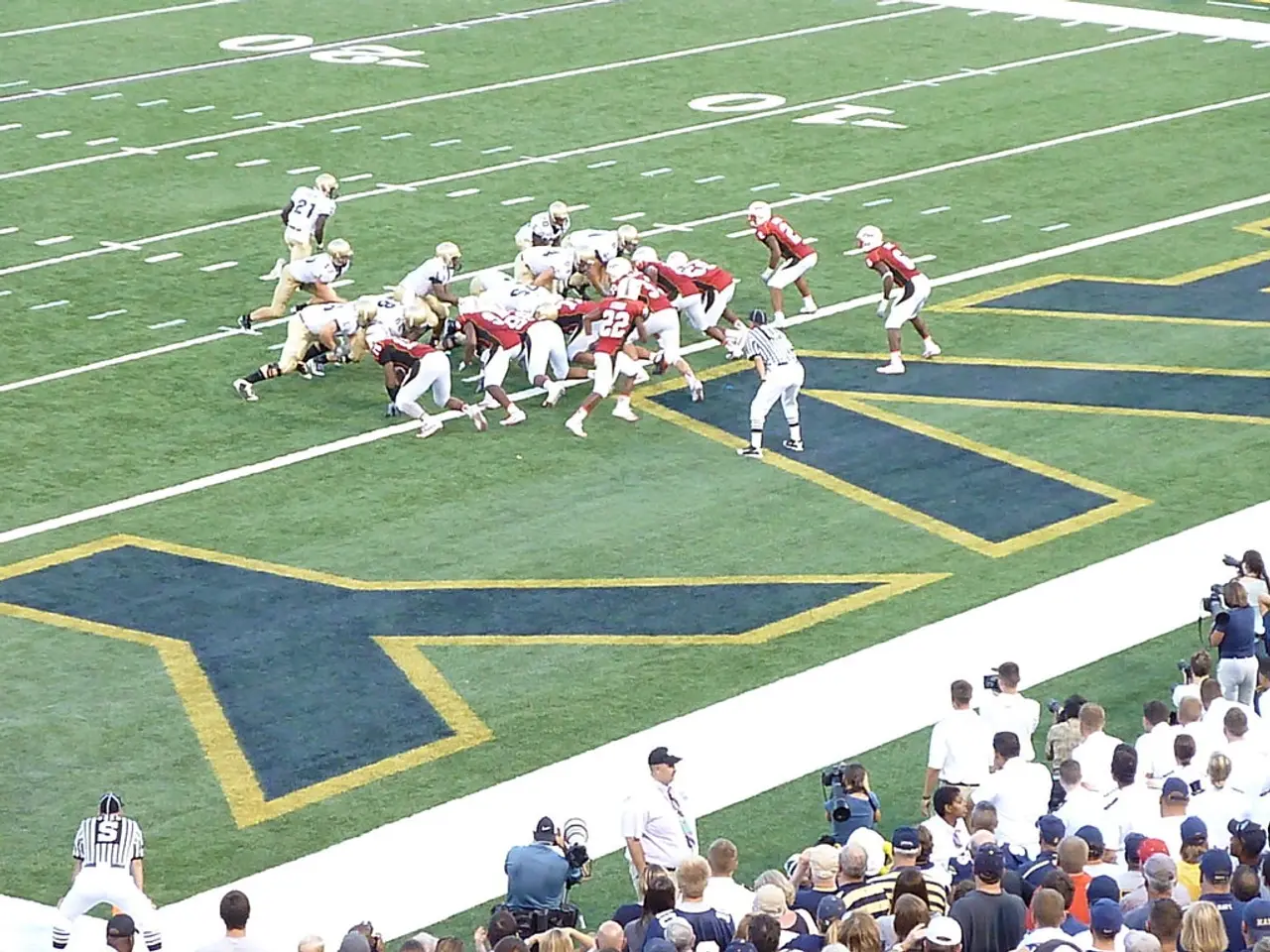Liberal justices in Wisconsin's highest court annul a 176-year-old law banning abortions.
In a landmark decision on July 2, 2025, the Wisconsin Supreme Court's liberal majority struck down the state's 1849 abortion ban, ruling that it was superseded by a more recent state law. The ruling provides clarity on abortion access in Wisconsin, allowing the practice until fetal viability.
The 1849 law, which made it a felony for anyone other than the mother to intentionally destroy the life of an unborn child, had been in place for over a century and a half. However, it was effectively nullified in 1973 when the US Supreme Court's Roe v. Wade decision legalized abortion nationwide.
When Roe was overturned in 2022, conservatives argued that the 1849 ban had become active again. However, the Wisconsin Supreme Court's ruling confirmed that the old ban is no longer part of Wisconsin law and does not stand in the way of abortion access.
The ruling was 4-3 in favor of striking down the ban. Dane County Circuit Judge Diane Schlipper ruled in 2023 that the 1849 ban outlaws feticide but not consensual abortions. This ruling paved the way for the Supreme Court's decision.
The state law that criminalizes abortions only after a fetus can survive outside the womb was cited as the reason for the ruling. The ruling gives providers and patients more certainty that abortions will remain legal in Wisconsin.
The decision comes as a relief to many, as abortions have been available in Wisconsin since Schlipper's ruling, but the state Supreme Court decision provides a more solid foundation for the practice. Wisconsin Attorney General Josh Kaul, a Democrat, filed a lawsuit in 2022 arguing that the ban was trumped by abortion restrictions legislators enacted during the nearly half-century that Roe was in effect.
The Wisconsin Supreme Court's liberal majority is expected to maintain its 4-3 edge until at least 2028, as Democratic-backed Susan Crawford defeated conservative Brad Schimel for an open seat on the court in April. Crawford will play a pivotal role in a separate Planned Parenthood of Wisconsin lawsuit challenging the 1849 ban's constitutionality.
One of the liberal justices, Janet Protasiewicz, openly stated on the campaign trail that she supports abortion rights. The ruling is a significant victory for those who advocate for reproductive rights in Wisconsin.
It is important to note that some babies can survive with medical help after 21 weeks of gestation. However, the ruling does not specify a specific gestational limit for abortion access in Wisconsin.
References: [1] Associated Press. (2025, July 2). Wisconsin Supreme Court strikes down 1849 abortion ban. Retrieved from https://apnews.com/article/abortion-wisconsin-law-supreme-court-abortion-rights-54588480e34999d36f494558 [2] Gannett Wisconsin Media. (2025, July 2). Wisconsin Supreme Court strikes down 1849 abortion ban. Retrieved from https://www.postcrescent.com/story/news/2025/07/02/wisconsin-supreme-court-strikes-down-1849-abortion-ban/117418364/ [3] Milwaukee Journal Sentinel. (2025, July 2). Wisconsin Supreme Court strikes down 1849 abortion ban. Retrieved from https://www.jsonline.com/story/news/politics/2025/07/02/wisconsin-supreme-court-strikes-down-1849-abortion-ban/117418364/ [4] Wisconsin Public Radio. (2025, July 2). Wisconsin Supreme Court strikes down 1849 abortion ban. Retrieved from https://www.wpr.org/wisconsin-supreme-court-strikes-down-1849-abortion-ban
- The Wisconsin Supreme Court's decision to strike down the 1849 abortion ban has significant implications for politics, particularly policy-and-legislation and general-news, as it shows a shift in the court's stance on war-and-conflicts matters like abortion rights.
- The ruling on the 1849 abortion ban also has repercussions for crime-and-justice, as it allows for legal abortions until fetal viability, a decision that could influence future legal battles surrounding reproductive rights.
- The Wisconsin Supreme Court's 4-3 decision to strike down the 1849 abortion ban is not just a victory for those advocating for reproductive rights, but also a milestone in local politics, marking a change in the court's composition with the election of Democratic-backed Susan Crawford.








